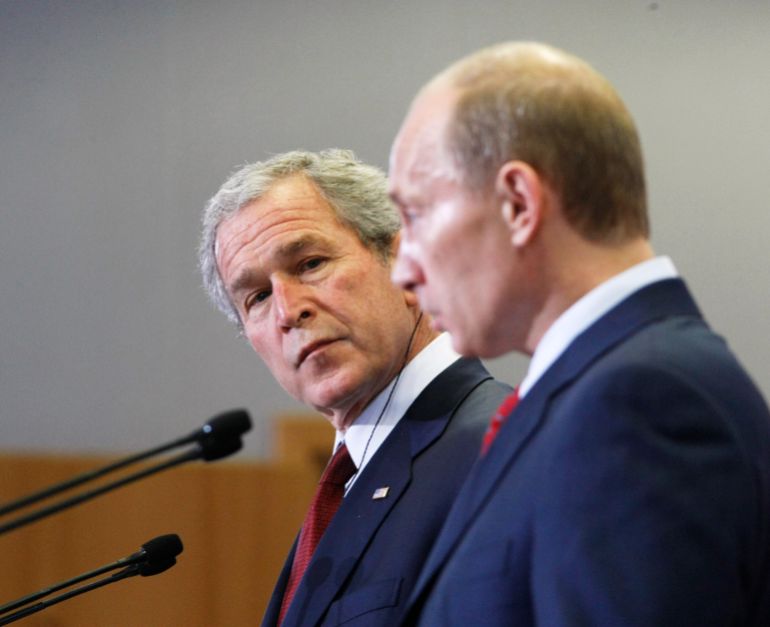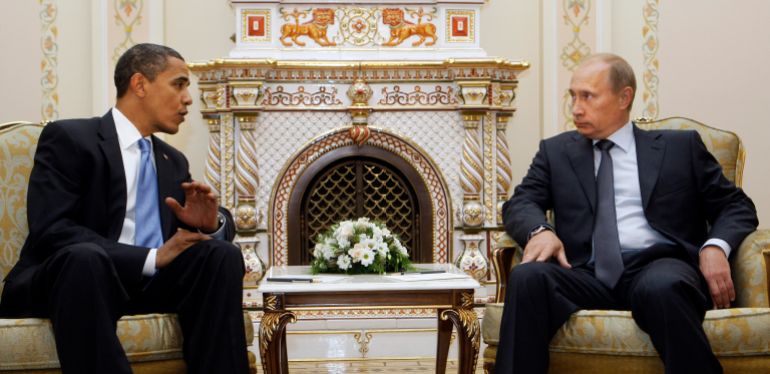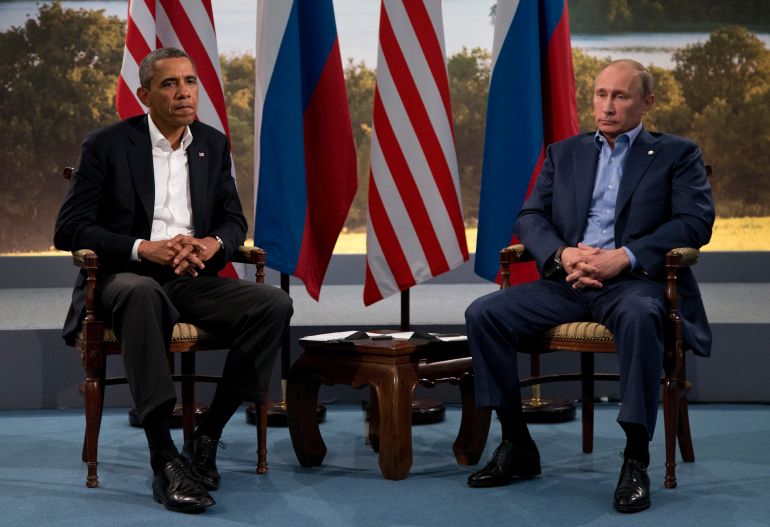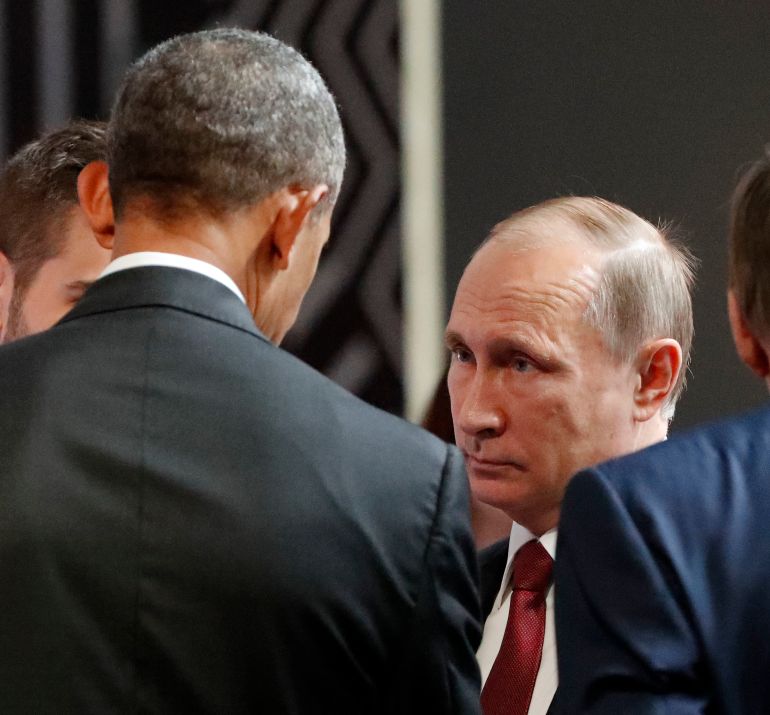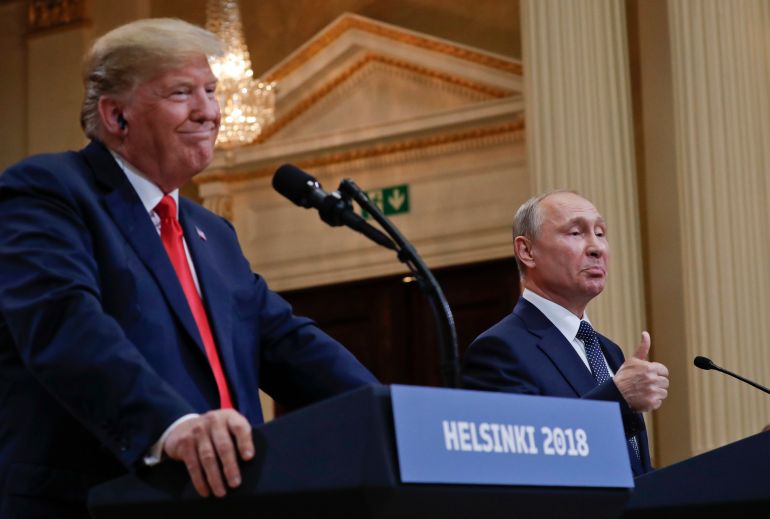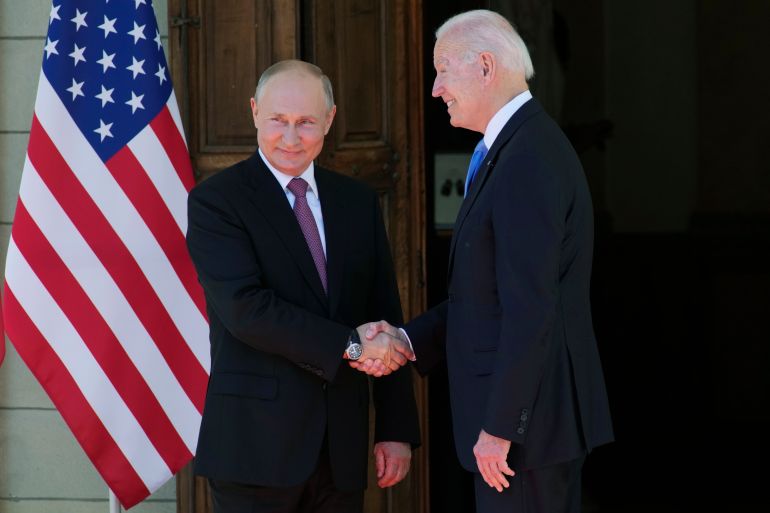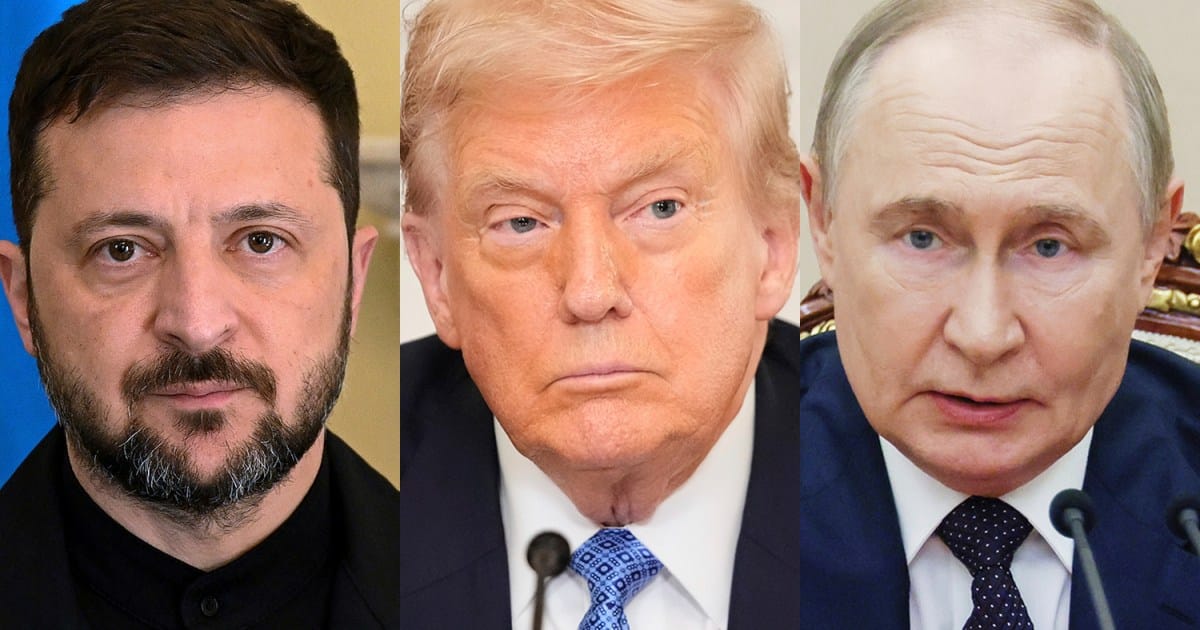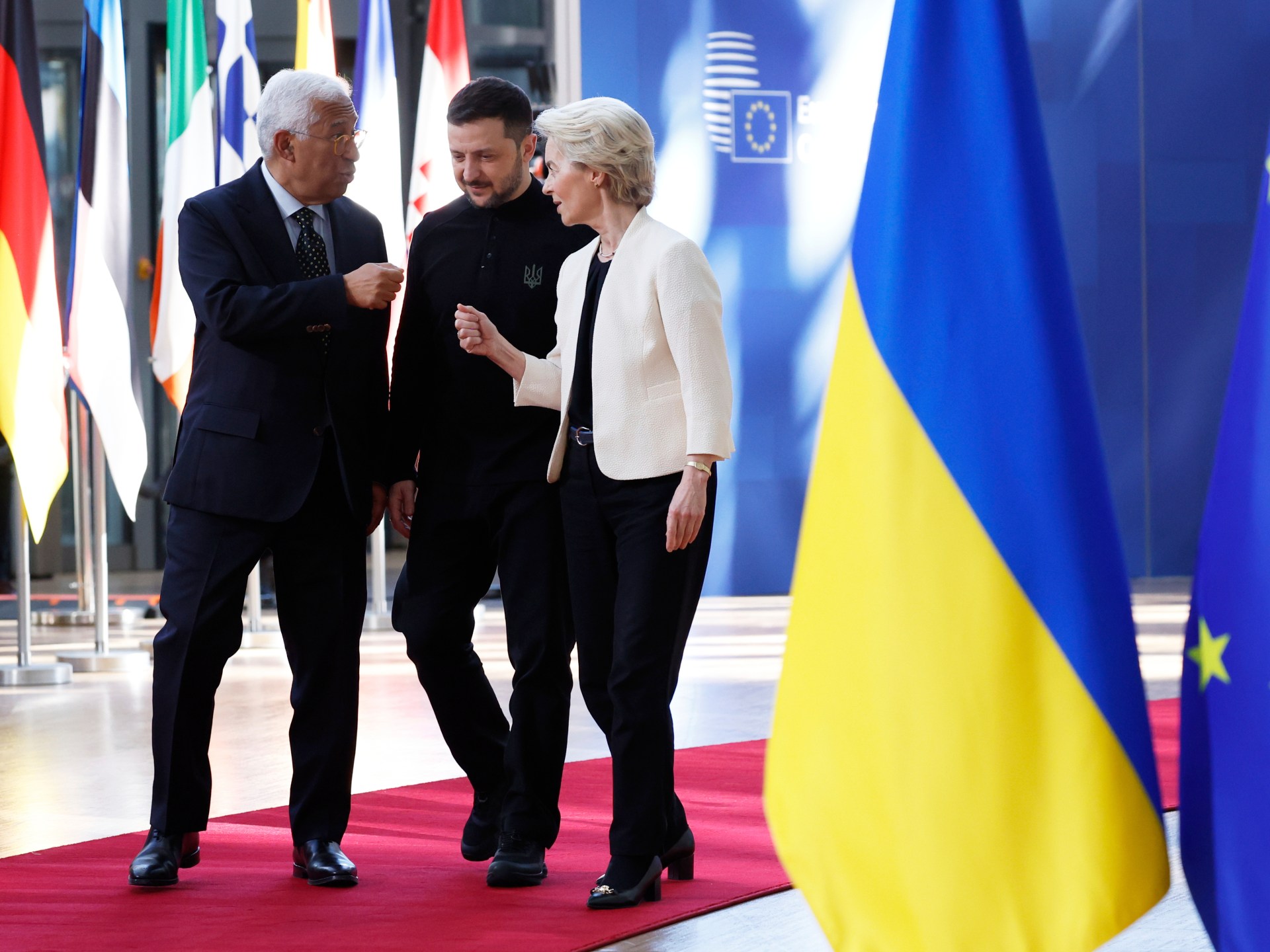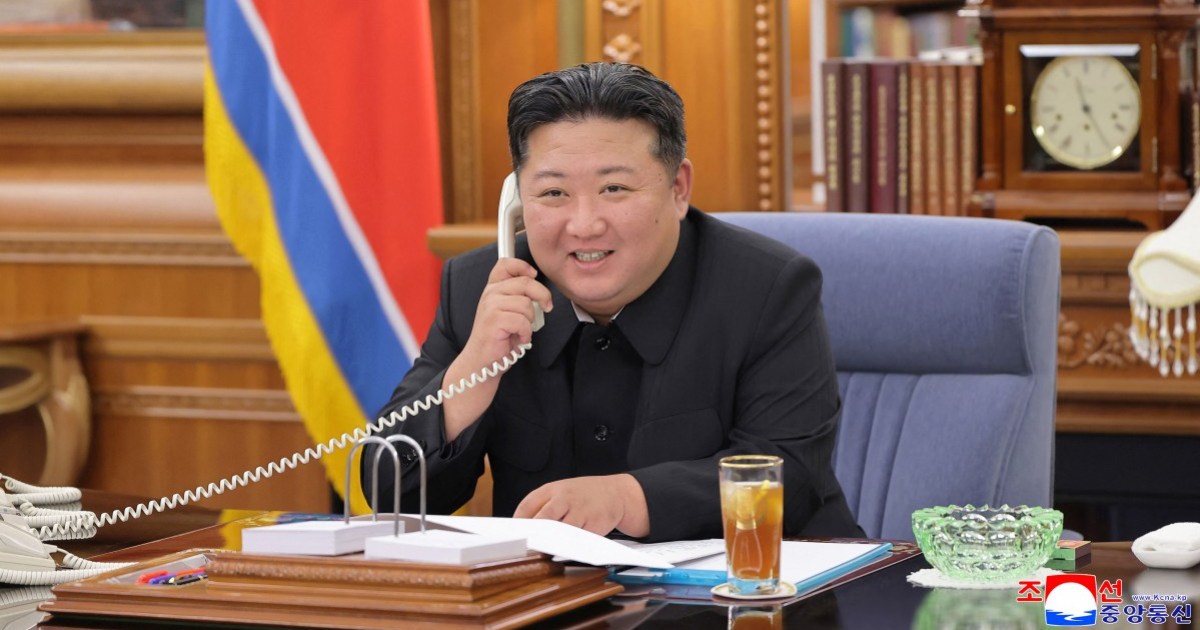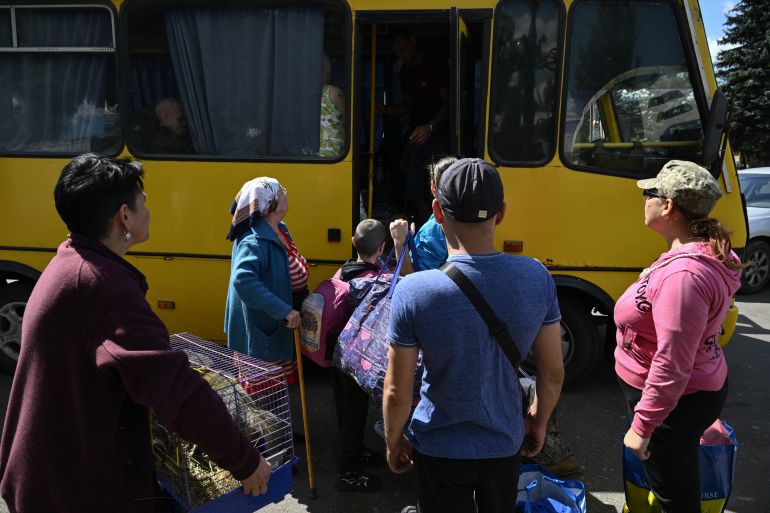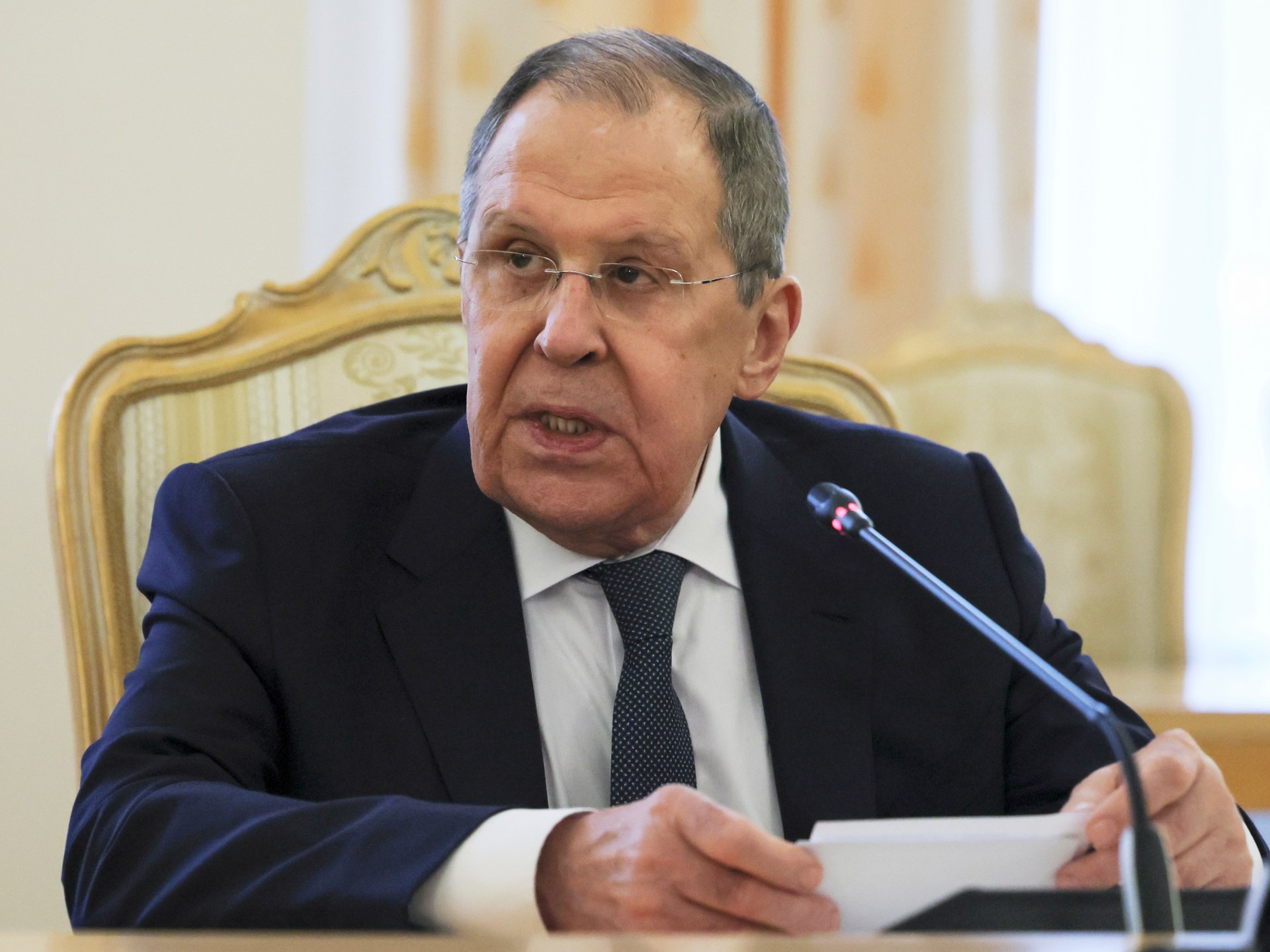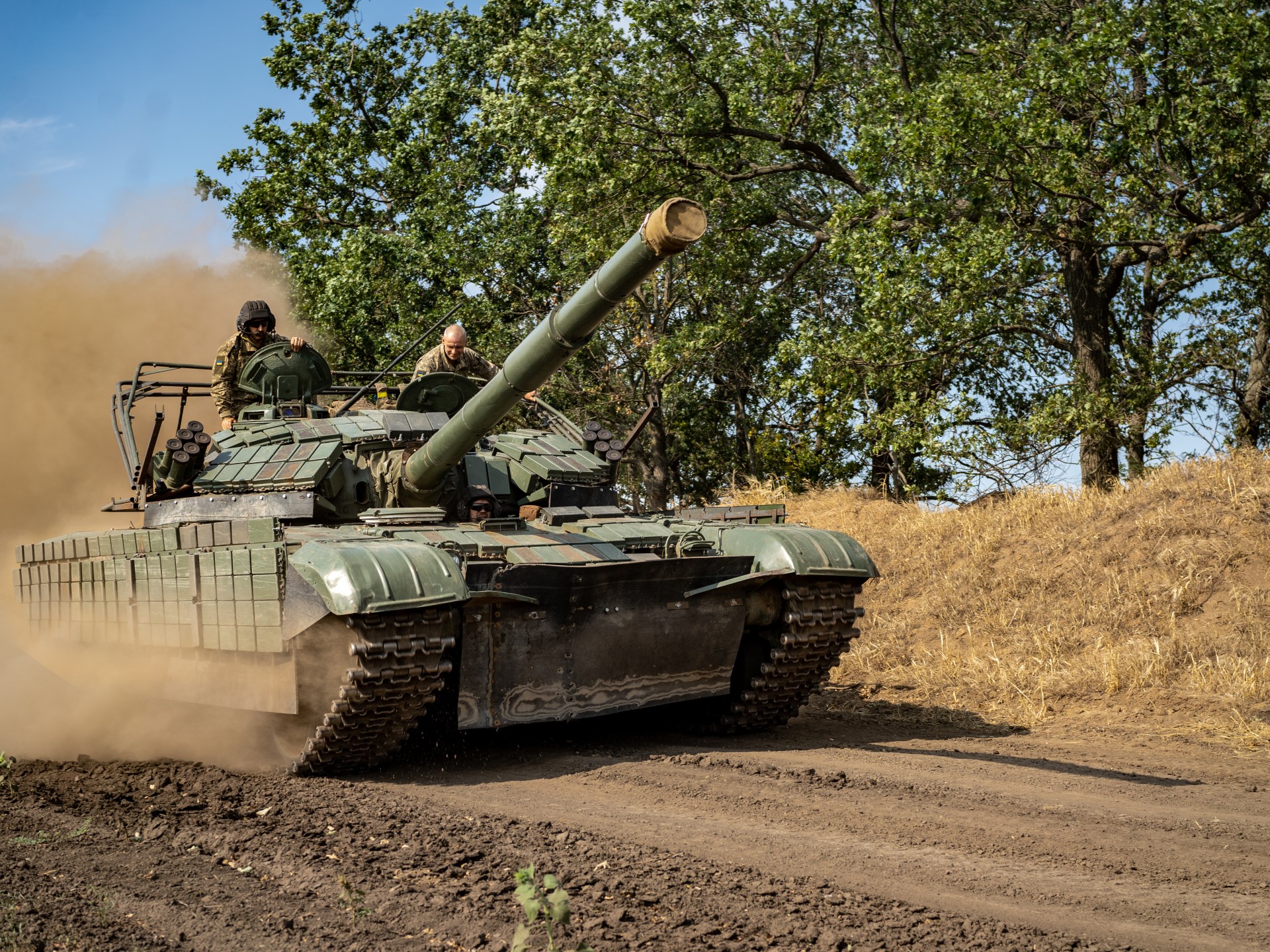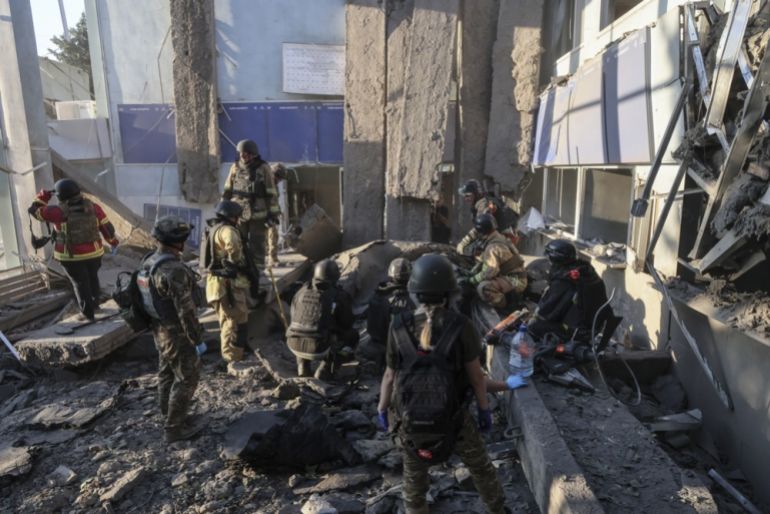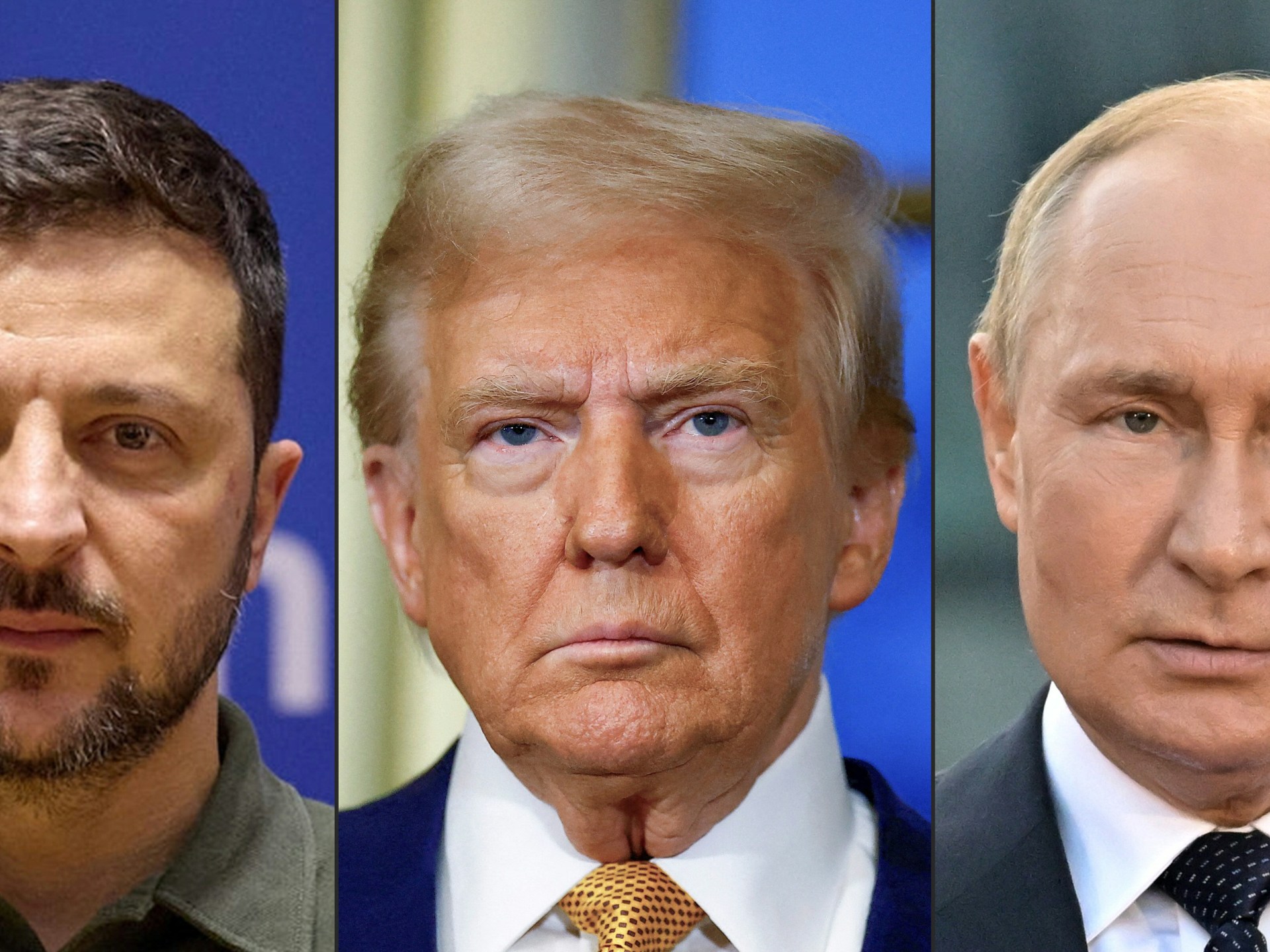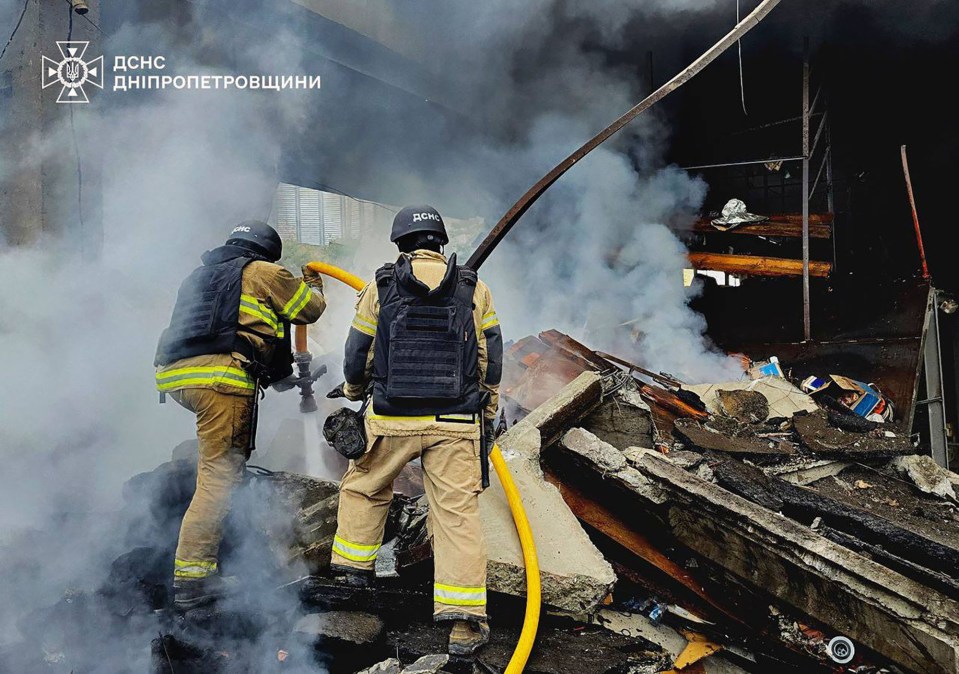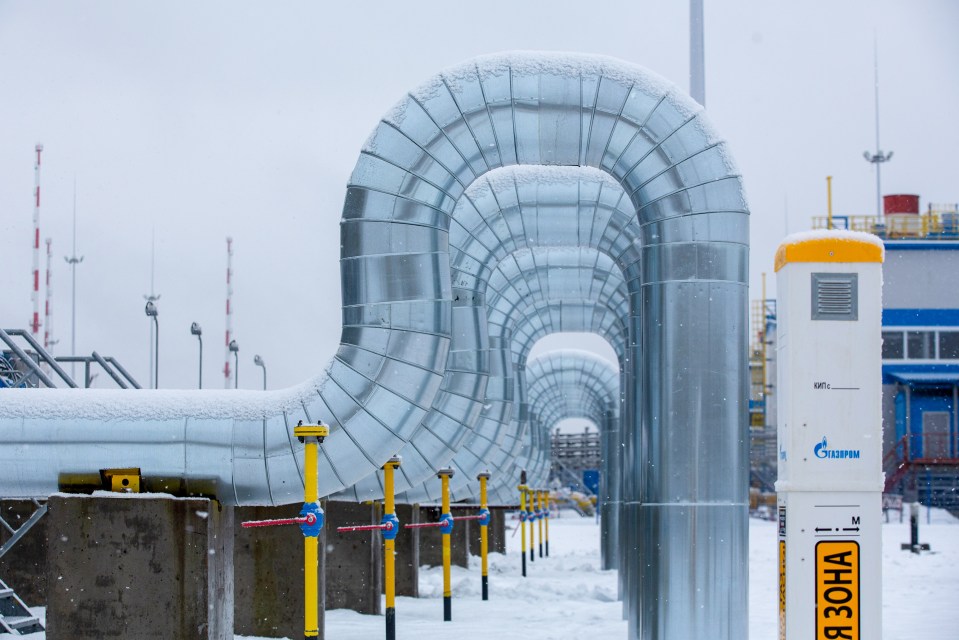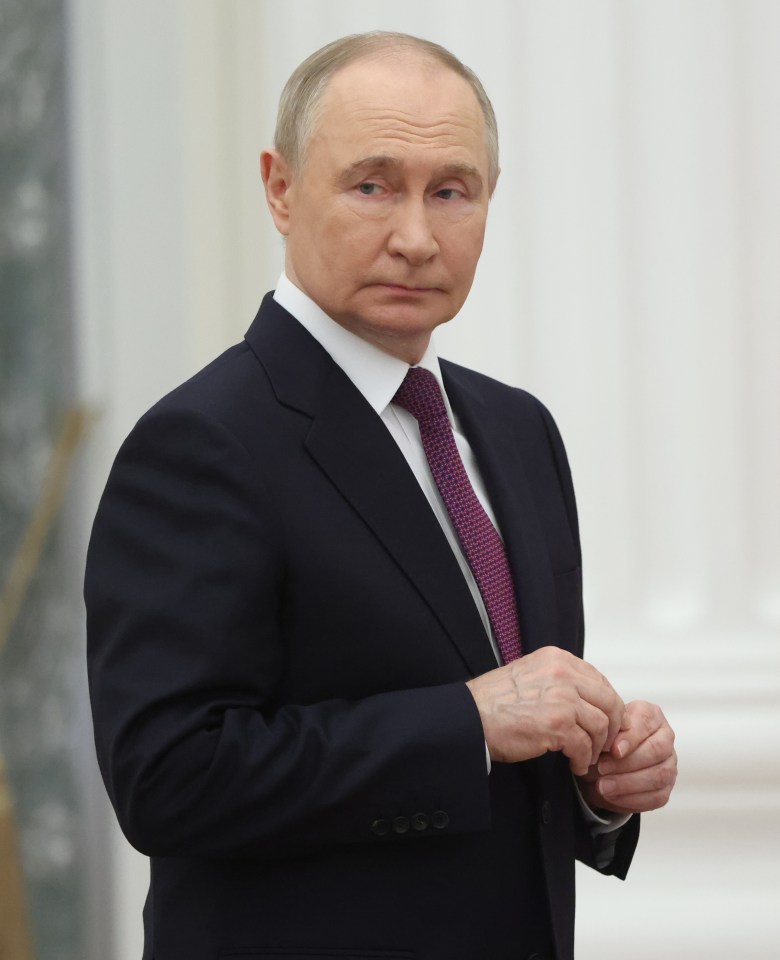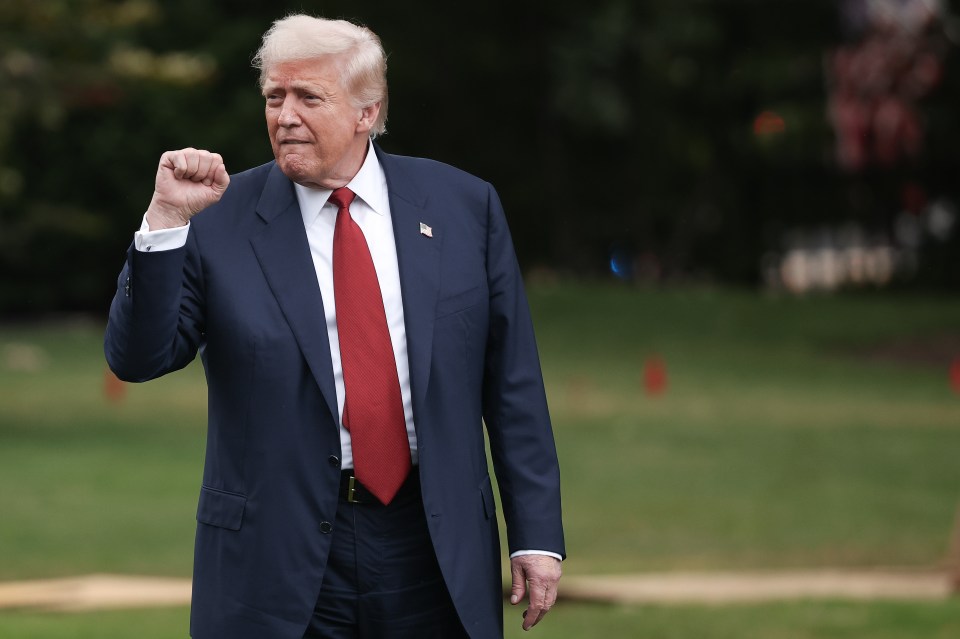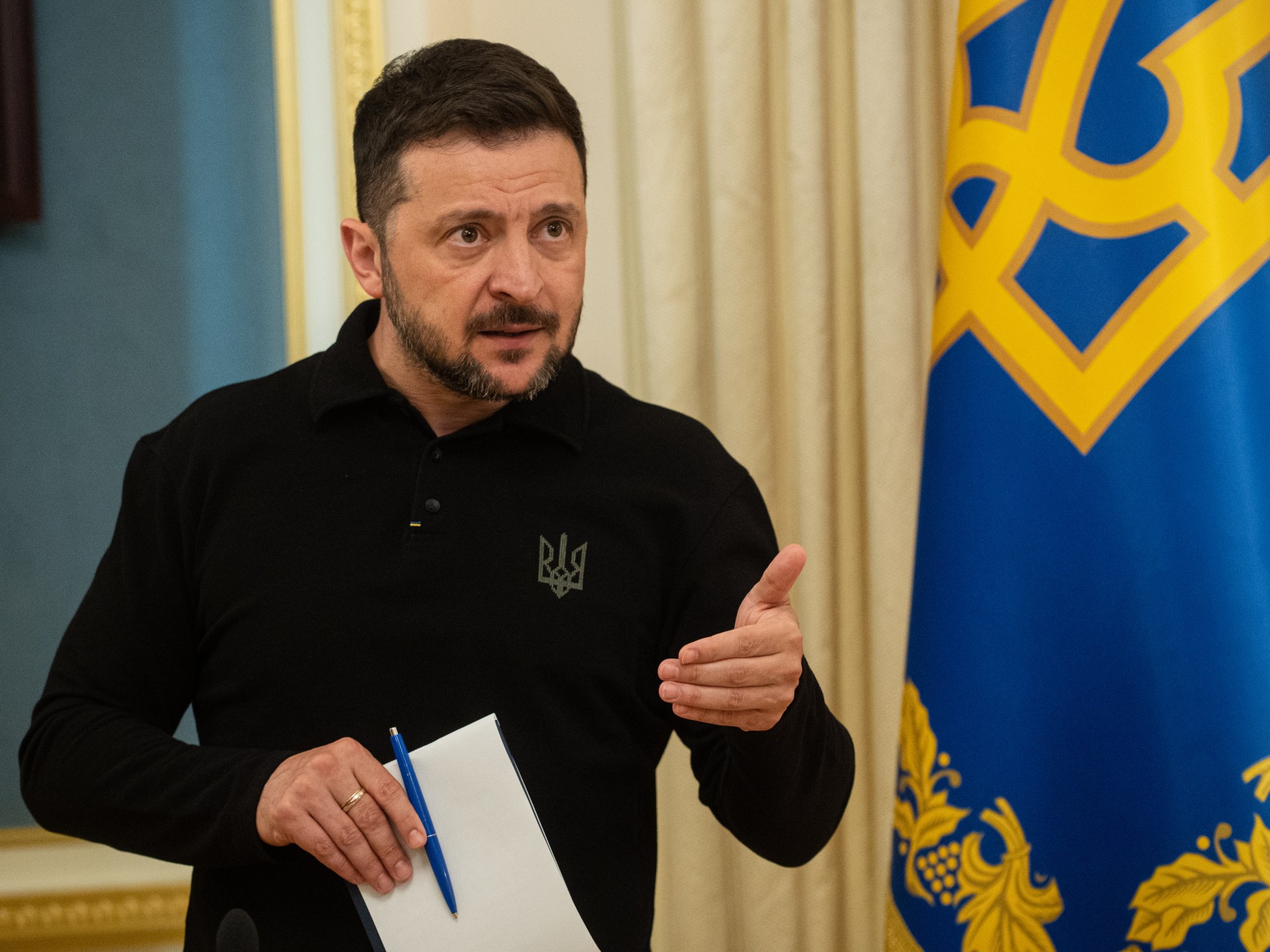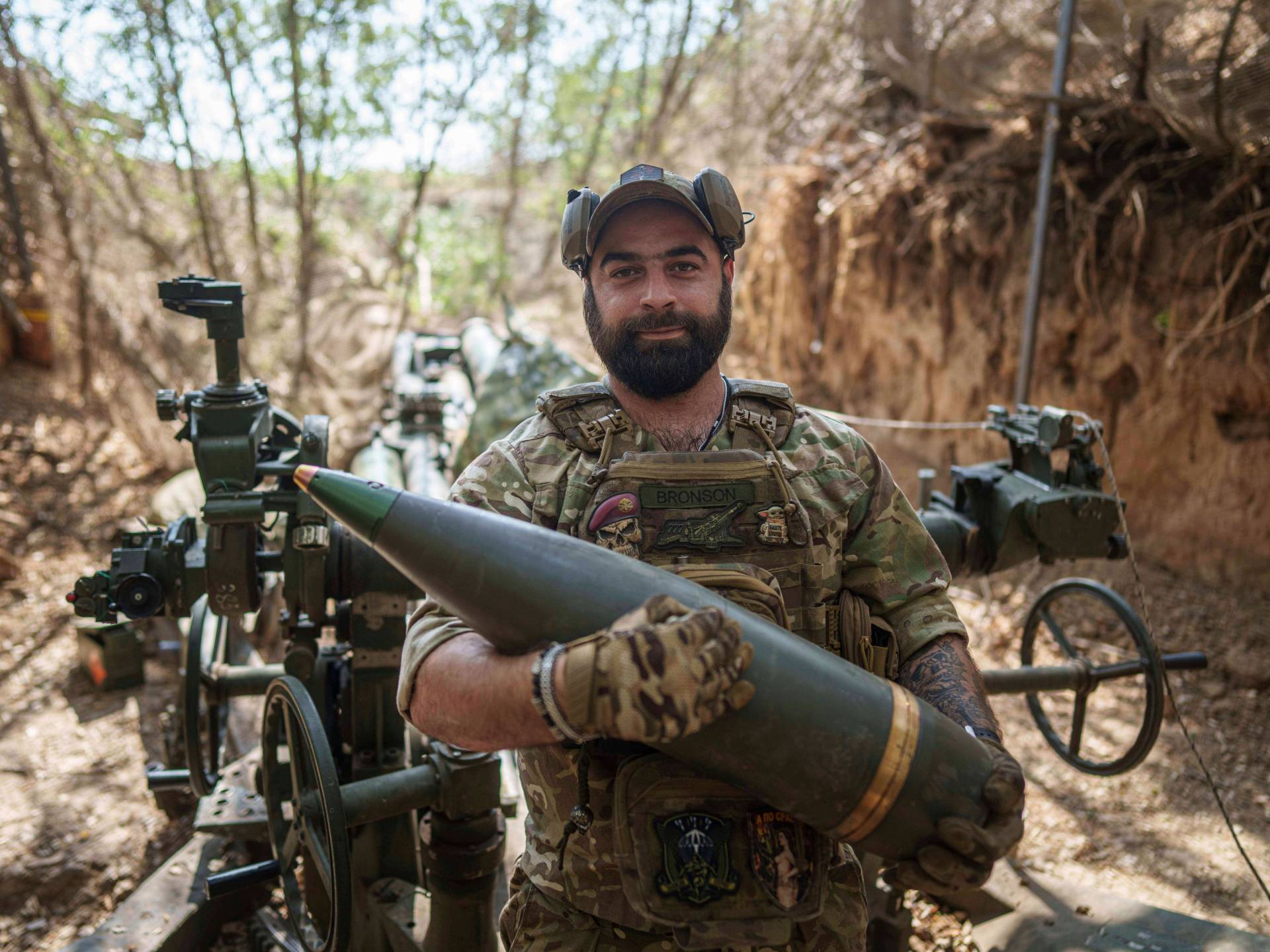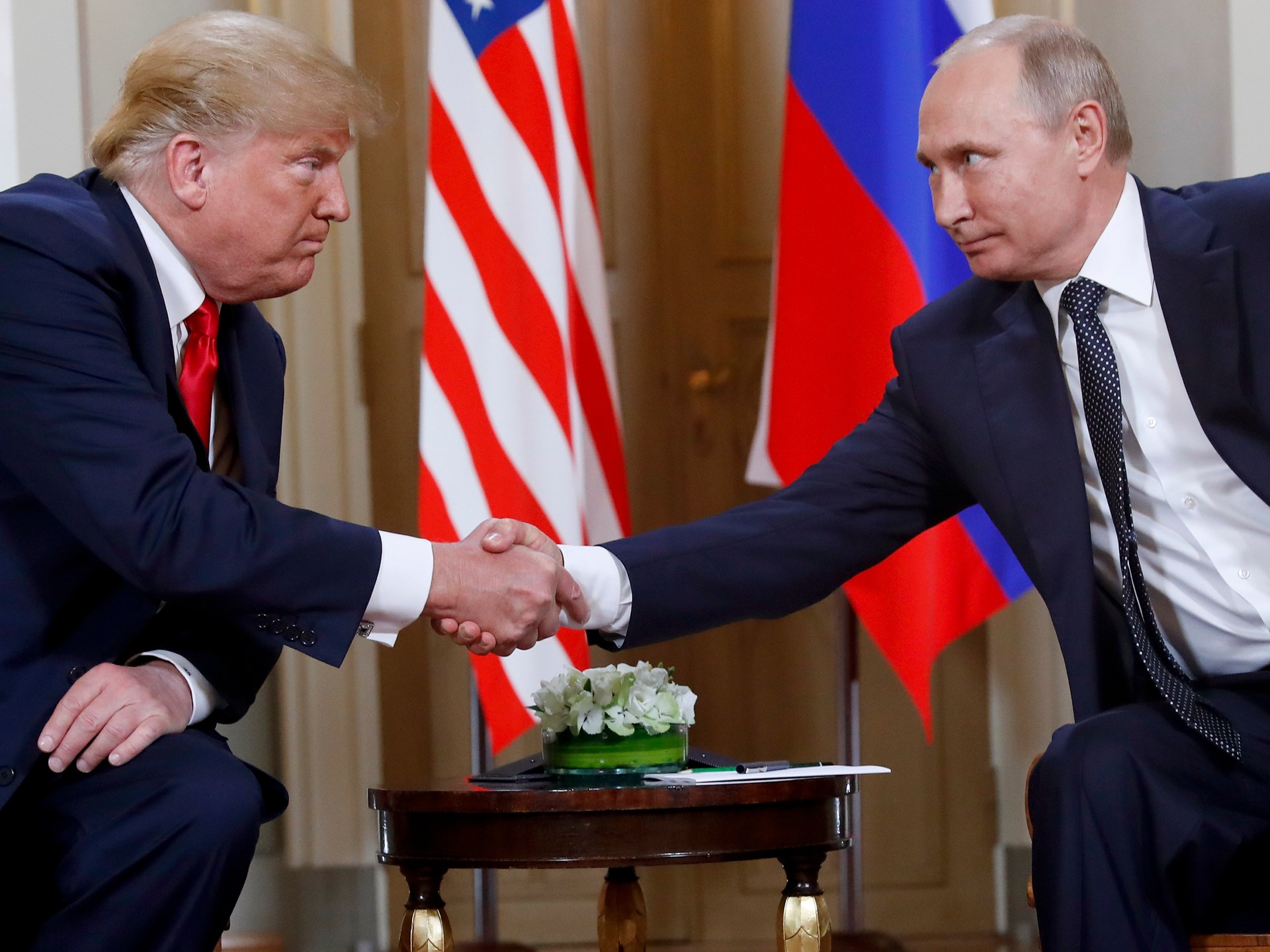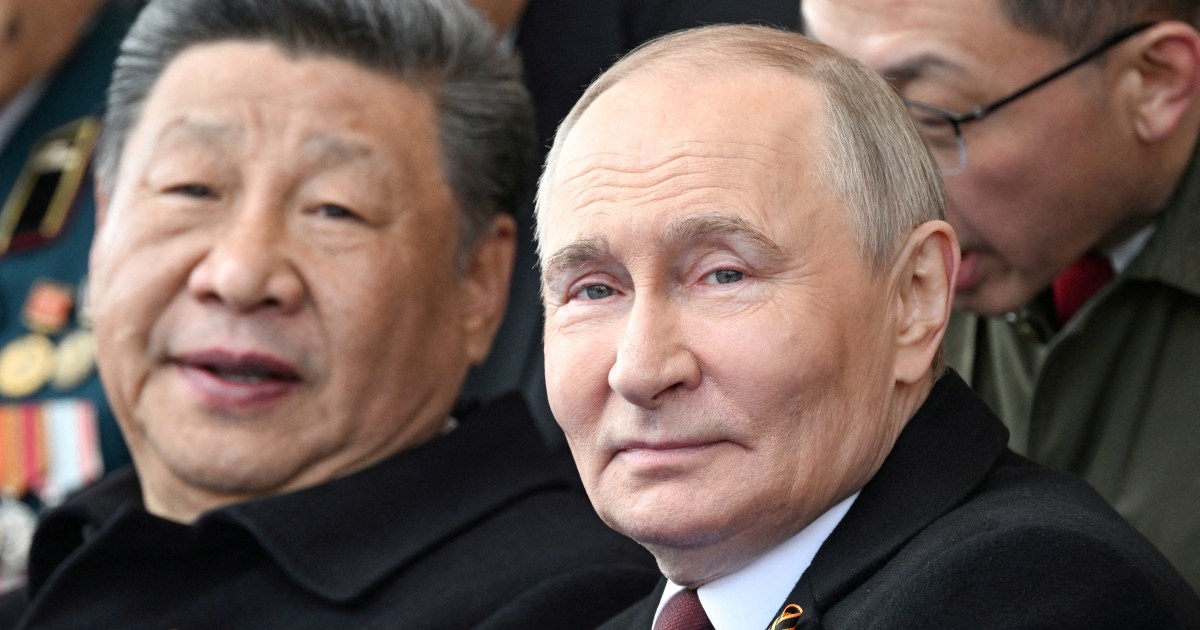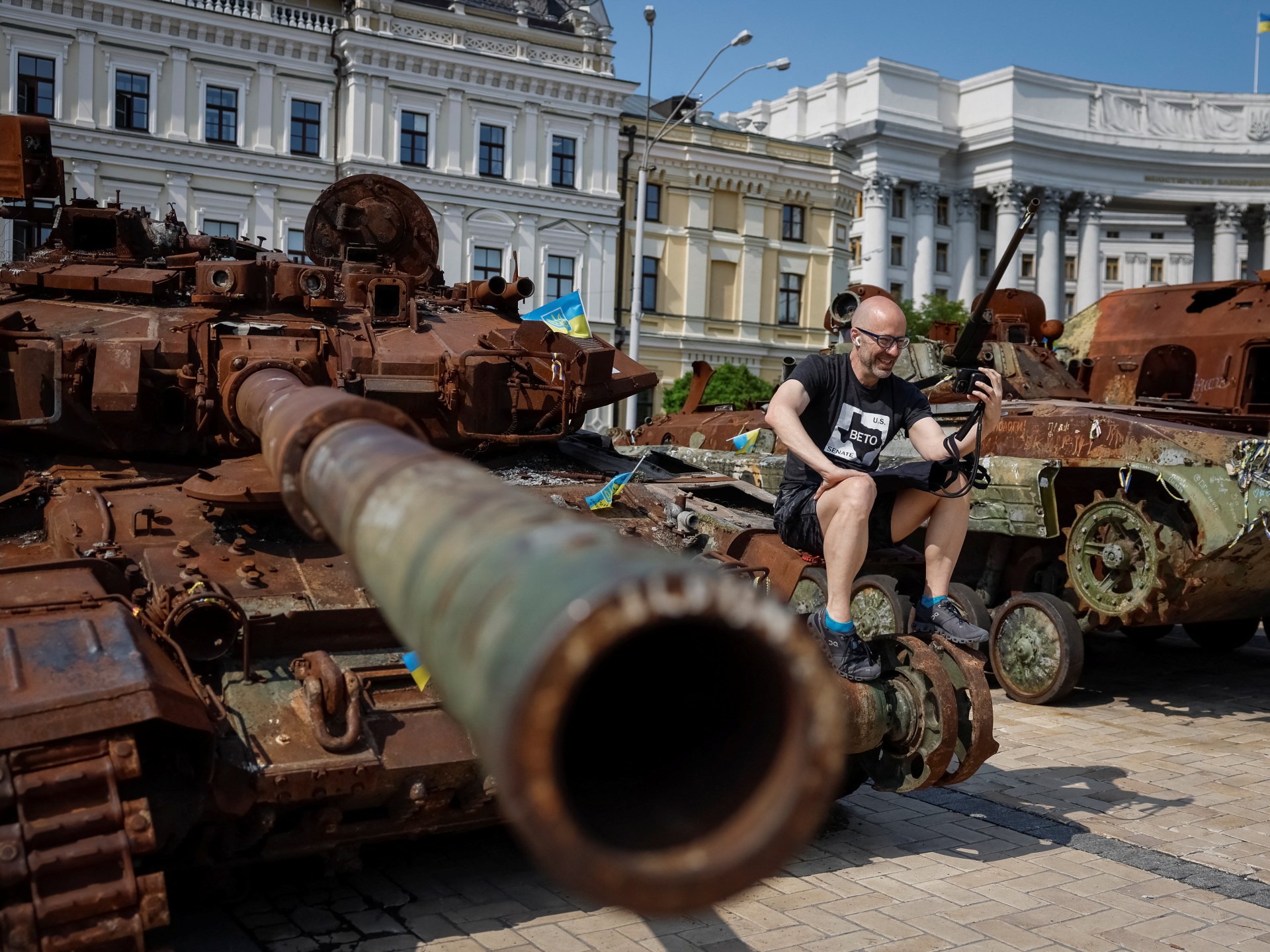Ukraine, EU, US leaders speak ahead of Trump-Putin meeting: Key takeaways | Russia-Ukraine war News
Ukrainian President Volodymyr Zelenskyy arrived on Wednesday in Berlin for a virtual summit with European officials and United States President Donald Trump, convened by German Chancellor Friedrich Merz.
The call was meant to bring European leaders together with Trump before the planned August 15 Alaska meeting between Trump and Russian President Vladimir Putin.
Those on the call included Merz and the US president, as well as US Vice President JD Vance, Zelenskyy, Italian Prime Minister Giorgia Meloni, British Prime Minister Keir Starmer, French President Emmanuel Macron and Dutch Prime Minister Dick Schoof, among others.
Here are the key takeaways:
What happened on Wednesday?
The prospect of Trump meeting alone with Putin has left European leaders uneasy. Since the Alaska summit was announced, they have worked to secure Trump’s ear one last time, and on Wednesday, that effort resulted in a series of high-level calls.
About 12:00 GMT, European leaders and NATO members held a video conference with Zelenskyy. Roughly an hour later, Trump and Vice President JD Vance joined the discussion.
Chancellor Merz and President Zelenskyy then delivered joint statements, followed by a separate address from Trump at the Kennedy Center in Washington, DC.
Later in the day, the “Coalition of the Willing”, a group of 31 countries committed to strengthening support for Ukraine against Russian aggression, met in a separate virtual session, issuing a statement.
What were the key takeaways from all these talks?
Here is a breakdown.
EU leaders:
Following the talks with other European leaders and Trump:
- Merz said that European and Ukrainian security interests must be respected at Friday’s Alaska summit. He underlined the importance of Ukraine having a seat at the table in any peace discussions, with a ceasefire as the essential first step.
- “We have made it clear that Ukraine will be at the table as soon as there is a follow-up meeting,” Merz told reporters in Berlin alongside Zelenskyy. “President Trump wants to make a ceasefire a priority,” he added.
- Any territorial exchange in Ukraine “must only be discussed with Ukraine”, French President Macron told reporters in Bregancon, France, following the call.
- “Trump was very clear on the fact that the US wants to obtain a ceasefire at this meeting in Alaska,” Macron said. “We must continue to support Ukraine, and when I say ‘we’, I mean Europeans and Americans,” he added.
-
Ukraine needs credible security guarantees as part of any peace deal, a spokesperson for Prime Minister Starmer said following the virtual summit. The United Kingdom’s support for Ukraine is “unwavering”, he added.
![German Chancellor Friedrich Merz (R) and Ukrainian President Volodymyr Zelenskyy attend a joint press conference in Berlin after a virtual meeting with US President Donald Trump [Omer Messinger/Getty Images]](https://www.aljazeera.com/wp-content/uploads/2025/08/getty_689cc009b9-1755103241.jpg?w=770&resize=770%2C513&quality=80)
Zelenskyy statements:
- Zelenskyy, during the news conference with Merz, said Putin is “bluffing” about being interested in peace. “Russia is attempting to portray itself as capable of occupying all of Ukraine. That is undoubtedly what they want,” Zelenskyy said.
- The Ukrainian leader also warned that “talks about us, without us, will not work”.
- “Everything concerning Ukraine must be discussed exclusively with Ukraine. We must prepare a trilateral format for talks. There must be a ceasefire,” Zelenskyy added.
- He also said “there must be security guarantees – truly reliable ones”.
- Among the agreed principles, Zelenskyy said, is that Russia must not be allowed to block Ukraine’s path to joining the European Union or NATO, and that peace talks should go hand in hand with maintaining pressure on Russia.
- The Ukrainian leader also emphasised that sanctions should be strengthened if Russia fails to agree to a ceasefire during the Alaska summit. “These are effective principles. It is important that they work,” Zelenskyy added.
Thank you for your support! https://t.co/8GyunlWhwf
— Volodymyr Zelenskyy / Володимир Зеленський (@ZelenskyyUa) August 13, 2025
Trump’s news conference:
Following the call, Trump spoke at the Kennedy Center in Washington, DC:
- “We had a very good call. I would rate it a 10, very friendly,” Trump explained. The US leader then went on to discuss potential next steps ahead of Friday’s meeting.
- “There’s a very good chance that we’re going to have a second meeting, which will be more productive than the first. Because the first is: I’m going to find out where we are and what we’re doing,” he said.
- Trump also mentioned the possibility of a later meeting “between President Putin and President Zelenskyy and myself, if they’d like to have me there”, after the first meeting between him and Putin.
- Trump also said he plans to call Zelenskyy and other European leaders after Friday’s discussions with Putin.
- The US president also said there will be “very severe consequences” for Russia if Putin doesn’t agree to end the war after Friday’s meeting.
![US President Donald Trump speaks during the unveiling of the Kennedy Center Honors nominees on August 13, 2025, at the Kennedy Center in Washington, DC [Mandel Ngan/ AFP]](https://www.aljazeera.com/wp-content/uploads/2025/08/afp_689cc06e83dc-1755103342.jpg?w=770&resize=770%2C513&quality=80)
- “Do you believe you can convince him to stop targeting civilians in Ukraine?” one journalist asked Trump. “I’ve had that conversation with him,” Trump said.
- “Then I go home and I see that a rocket hit a nursing home or a rocket hit an apartment building and people are laying dead in the street. So I guess the answer to that is no, because I’ve had this conversation,” he added.
- However, he reaffirmed his intention to find a solution: “I want to end the war. It’s Biden’s war, but I want to end it. I’ll be very proud to end this war, along with the five other wars I ended,” he said, without explaining which other conflicts he was referring to. He has claimed credit for ceasefires between India and Pakistan in May and Israel and Iran in June, and helped mediate truce pacts between Azerbaijan and Armenia, and between the Democratic Republic of the Congo and Rwanda. Trump has also repeatedly made it clear that he covets a Nobel Peace Prize and believes he is deserving of one.
The Coalition of the Willing:
The coalition issued a statement outlining four key requirements they believe should form the basis of Friday’s talks.
- They said “meaningful negotiations can only take place in the context of a ceasefire or a lasting and significant cessation of hostilities”.
- Second, if Russia refuses a ceasefire in Alaska, sanctions and other economic measures should be intensified to further strain its war economy.
- Third, “international borders must not be changed by force”.
- Fourth, Ukraine should receive strong security guarantees, with the Coalition of the Willing ready to help, including a reassurance force after hostilities end. “No limitations should be placed on Ukraine’s armed forces or on its cooperation with third countries,” the statement said. And Russia cannot veto Ukraine’s path to EU or NATO membership.

Will the European intervention influence the Alaska summit?
It’s unclear, but analysts say that Wednesday’s calls show how Europe has managed to make sure that Trump can’t ignore the continent.
“Even if certain commitments are given, we don’t know what will happen once Putin and Trump find themselves in a room,” Lucian Kim, a senior analyst for Ukraine with the International Crisis Group, told Al Jazeera.
“The Europeans have quite a lot of power and even more than they realise themselves,” he said, adding that it was an “achievement” for European leaders to get Trump’s attention, and there is now a difference in tone.
“It was not a given when Trump first got into office that he would listen to the Europeans,” he said. Kim also noted that Europe has used its power and influence to pressure Russia over the war.
“Russia was heavily dependent on Europe, not the United States, and this lack of trade is hurting Russia,” he said. “Also, you have European banks that are holding hundreds of billions of dollars in Russian government assets.”
“Trump has realised that without the Europeans, it will be very hard to reach any solution in Ukraine.”
What has Russia said so far about any peace agreement?
On Wednesday, Russian Foreign Ministry spokesperson Alexey Fadeev told a news conference that Moscow’s position remained unchanged since President Putin outlined it in June 2024.
At the time, Putin had said that a ceasefire would take effect immediately if the Ukrainian government withdrew from four Ukrainian regions partially occupied by Russia – Donetsk, Luhansk, Kherson and Zaporizhia. He also insisted that Ukraine must formally abandon its bid to join the NATO military alliance.
Russia currently controls about 19 percent of Ukraine, including the entirety of Crimea and Luhansk, more than 70 percent of Donetsk, Zaporizhia and Kherson, as well as small portions of the Kharkiv, Sumy, Mykolaiv, and Dnipropetrovsk regions.
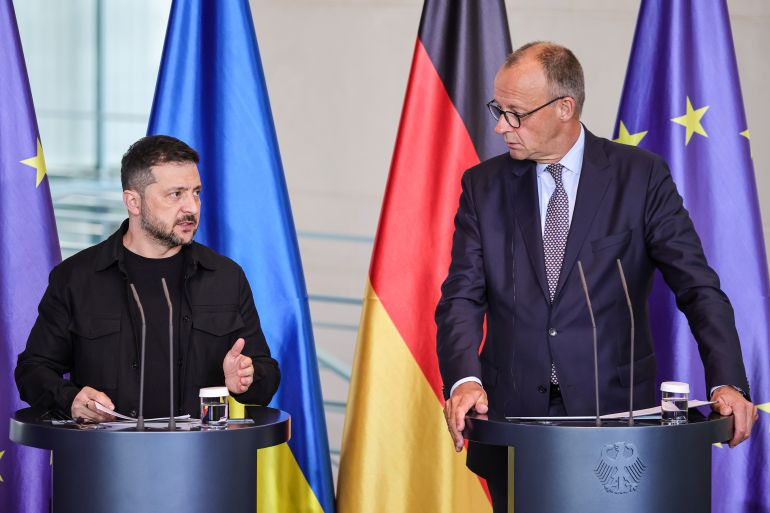
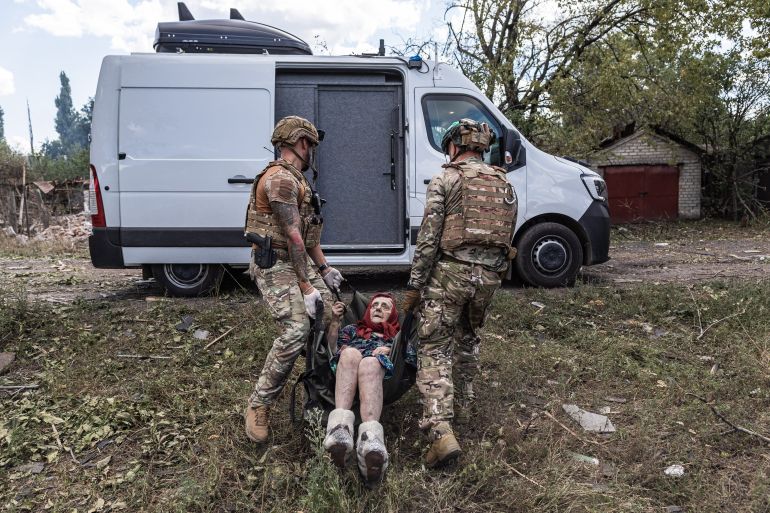
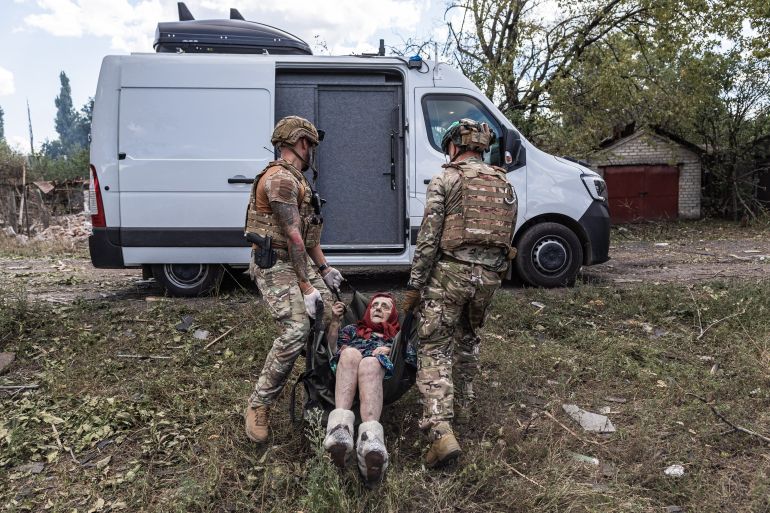
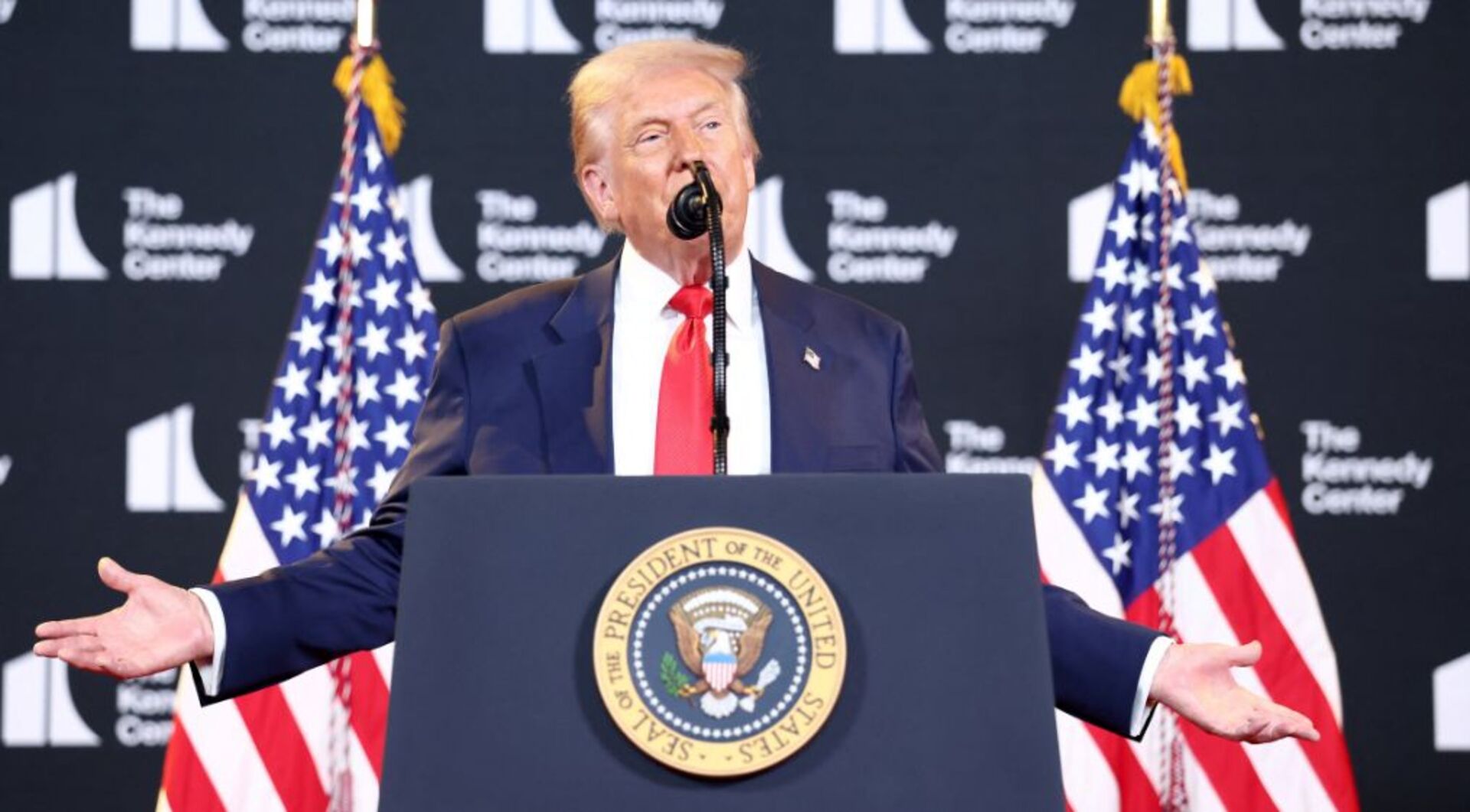
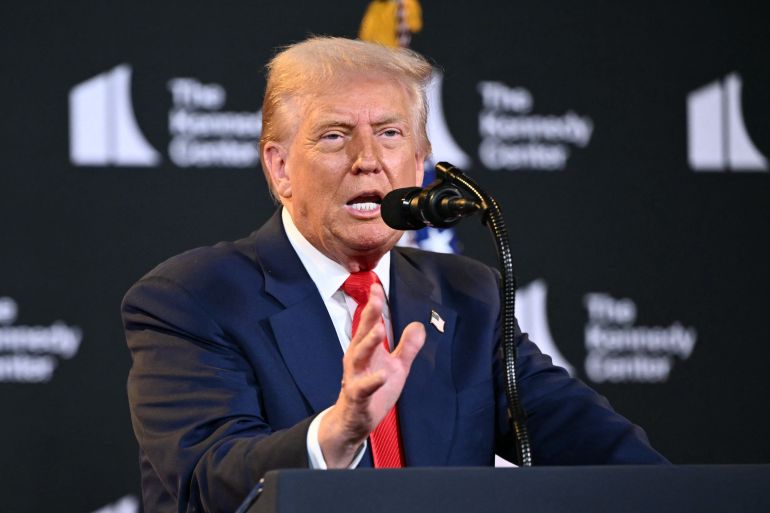
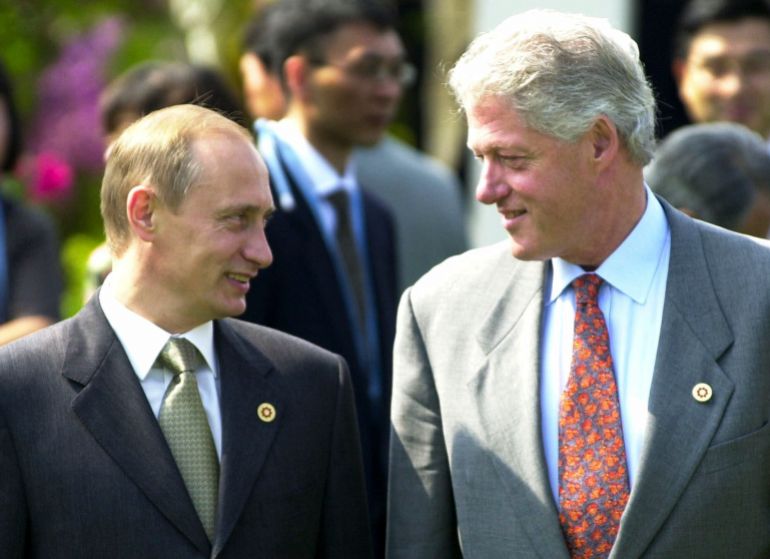
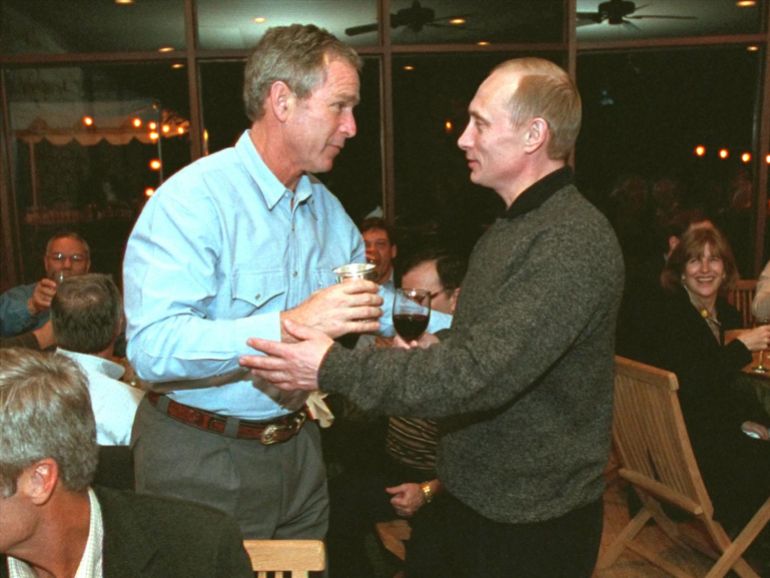
![Putin holding up a fish he caught in Maine, while visiting US President George W Bush and his family on July 2, 2007 [FILE: AP Photo]](https://www.occasionaldigest.com/wp-content/uploads/2025/08/AP070702046635-1755085043.jpg)
